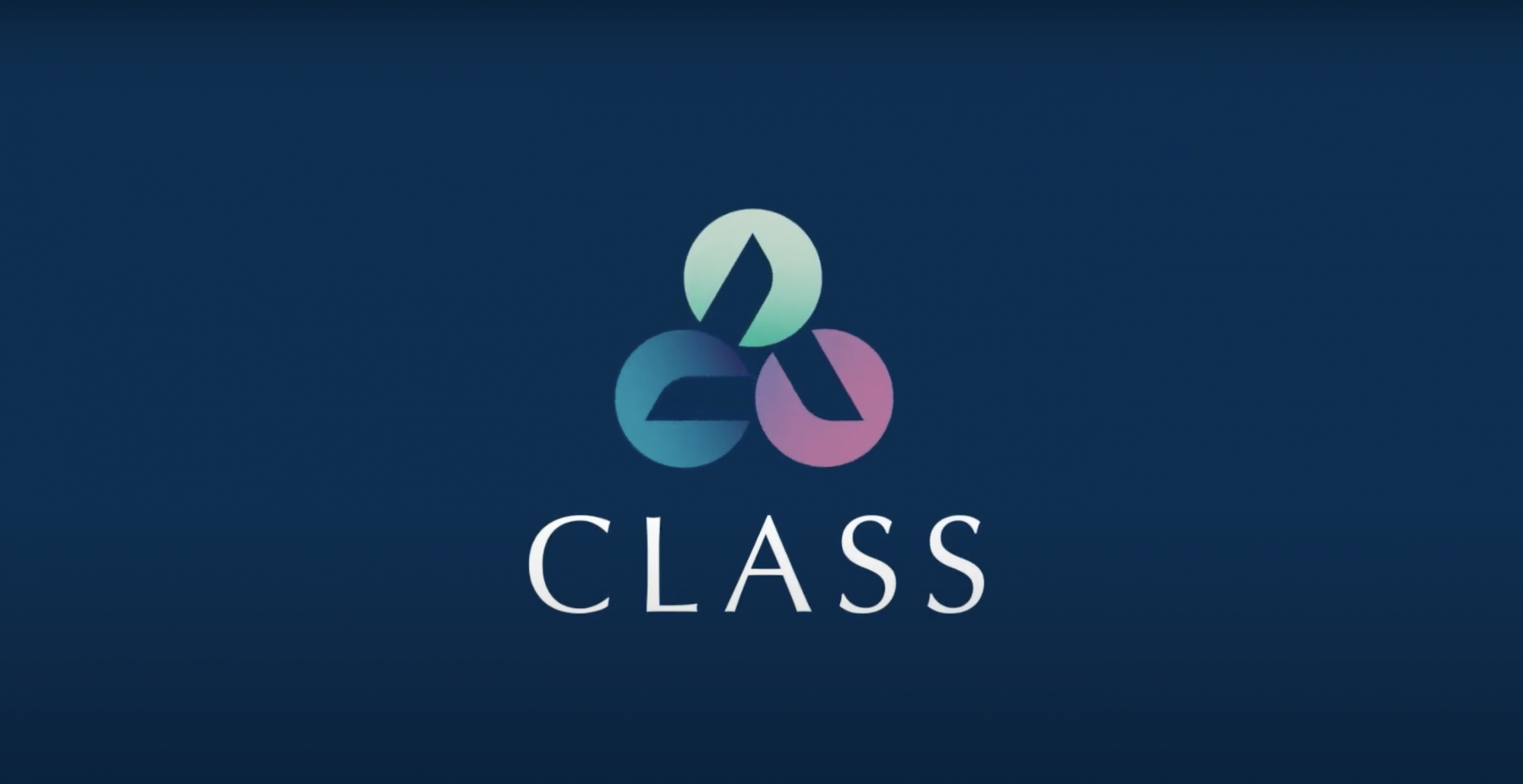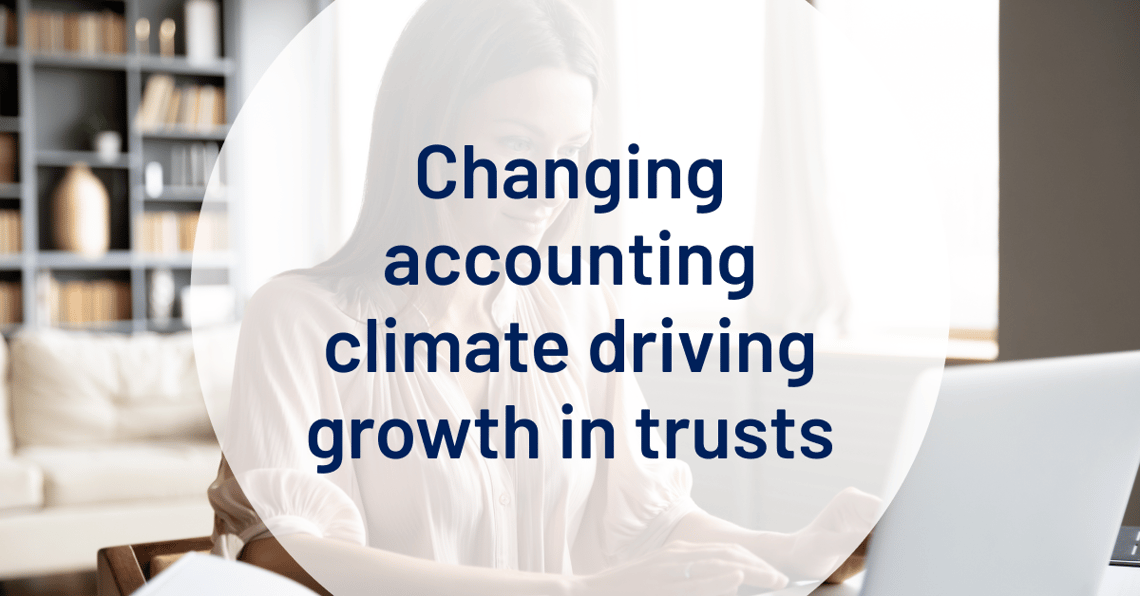Thomas Paule
Elon Musk is known these days for many ideas, from ubiquitous electric cars and solar roofs to spaceships to Mars and winding tunnels underneath the surface of Los Angeles. But it’s his most recent idea, for brain-machine interfaces, that potentially poses the biggest opportunity.
Driven by a fear of artificially intelligent machines becoming our supreme overlords, Musk recently unveiled Neuralink, a company that aims to create technology that augments our own brain capacity.
The topic isn’t wholly new but as with most things Musk touches, this could be a tipping point to a much larger industry.
Amid reports that anywhere between 30 and 50 per cent of all jobs could become extinct thanks to automation, Musk’s vision — and those of others chasing brain-machine interface technology — shows there’s another potential future and why it might not mean the end to many of the industries painted for destruction in these accounts.
Automation will almost undoubtedly lead to some industries diminishing and potentially becoming extinct, as it has dozens of times since the Industrial Revolution. But harnessed correctly, the technology that brings this automation has the potential to enhance those same industries it portends to replace.
Take accounting. The industry is undeniably undergoing transition as basic compliance and data entry tasks are automated by cloud software and mobile apps. Bank feeds are automatically imported and reconciled. Tax forms are largely filled without human touch. The tradition of charging an hourly rate to do these tasks for clients, with no value-add, is already no longer an option for many accounting firms.
This kind of automation is splitting the industry into two: those embracing technology and those running the other way in fear of disruption.
It is a trend we saw coming and one that FINDEX and its key accounting brand, Crowe Horwath, has adapted to by embracing technology to streamline back-end processes and reorient the business to client-facing services through a family office-style arrangement.
Put simply, we put the relationship with the client, rather than the back-end compliance work, at the forefront of everything we do.
Using and embracing technology alone won’t be the panacea to the industry’s problems. It is simply a tool that can help remove the menial tasks that the industry is reliant on so that we can focus on what matters most: the client.
Technology is never a simple upgrade path. While we may adopt the newest iPhone or social network seemingly quickly, truly fundamental changes in technology that affect society as a whole rarely happen overnight, and they almost never happen smoothly.





